
views
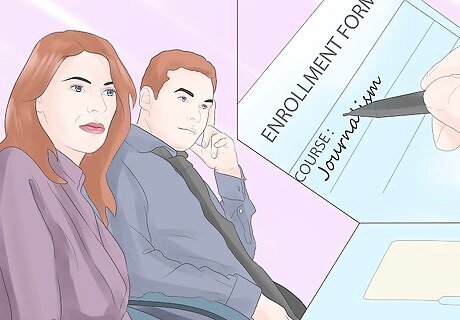
Take journalism classes. A college degree is not always a necessity, but it can help you establish a career as a writer. Even if you do not get a degree, take as many journalism and writing classes as you can. Write for your school newspaper or magazine. Get as many publication credits as you can while you are studying. This will help you provide writing samples when you are looking for a job.

Study automotive news. While you are preparing for your career, read everything you can about the automotive industry. Popular publications include Car & Driver, Motor Trend and Automotive News. Check your local newspaper. Some newspapers still have an automotive section. Read them every week. If your paper does not have an auto section, read the Detroit Free Press or the Los Angeles Times for automotive news in 2 of the largest markets.

Attend car shows. Major car shows take place annually in Los Angeles, Las Vegas, Detroit, Chicago, New York, New Jersey as well as internationally. There may be smaller car shows in your area as well. Talk to journalists and industry experts. Introduce yourself and talk about cars, recent automotive news, and the craft of writing about it. Car shows are a great way to network and make valuable contacts.
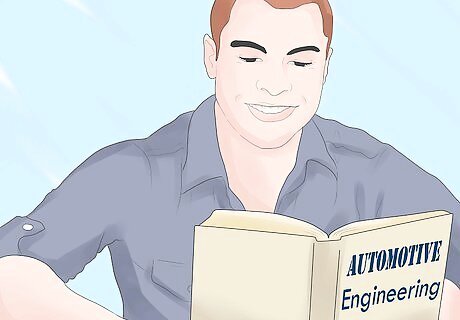
Learn what you can about engineering. Some automobile journalists begin their careers as automotive engineers. Having a technical background will help you produce automotive pieces on a variety of subjects.
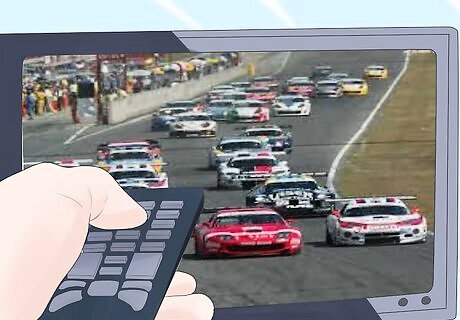
Follow motor sports. Race car driving is a huge part of automotive news. You will need to understand who the players are, what they are driving, and what cars have to do to run at extreme speeds.

Prepare to freelance. Staff jobs are competitive at magazines and websites. Beginning your career as a freelancer will likely be necessary. Submit stories and articles anywhere you can, including men's magazines and lifestyle publications. Write about what interests you in automotive news, so you can demonstrate your passion and intelligent writing. Write a variety of stories, including opinion pieces, reviews, interviews and features.
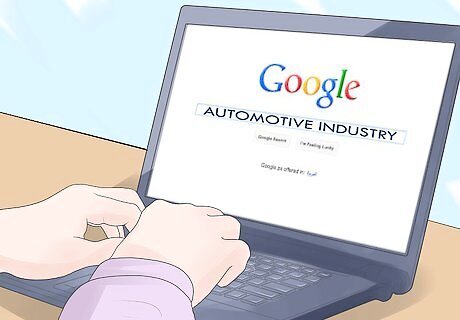
Understand how the automotive industry works. Stay up to date on the calendar of car shows, launches and product testing.

Develop a thick skin. Editors will often be critical, and as a freelancer, your stories and articles may get rejected or ignored. Learn how to persevere and motivate yourself.

Keep a flexible schedule. Most automotive journalists stay busy, and you will need to be available to travel.
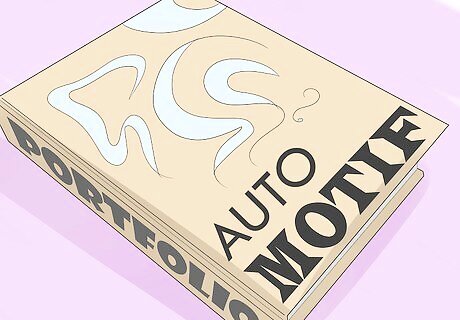
Develop your portfolio. Collect all of your published works or links to your online writing, and keep them with your resume, which should highlight your education and writing experience.

Look for positions as a staff writer. While staff positions are hard to find, keep in touch with editors at the publications and websites you would like to work for. Ask them to advise you when positions become available.



















Comments
0 comment